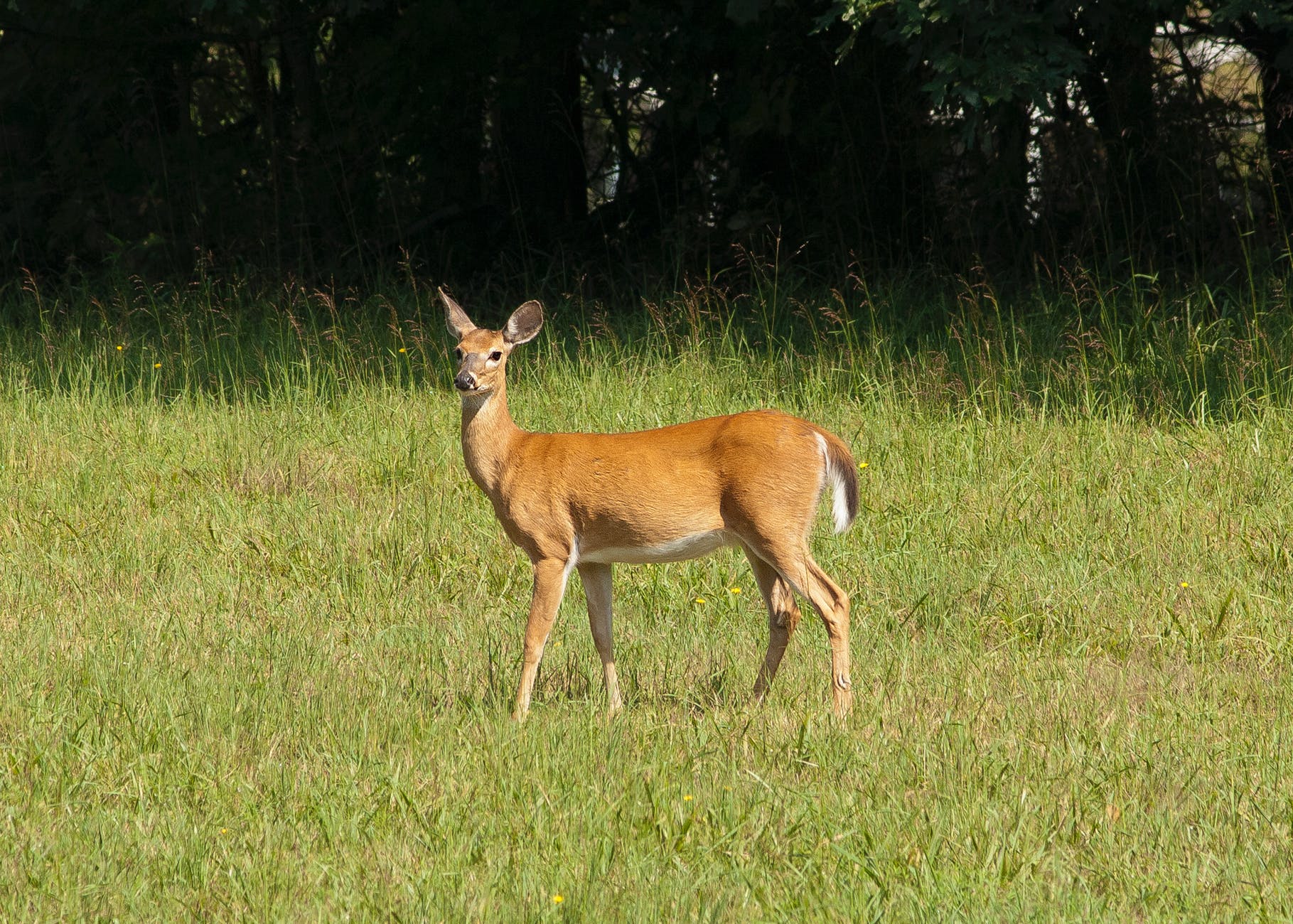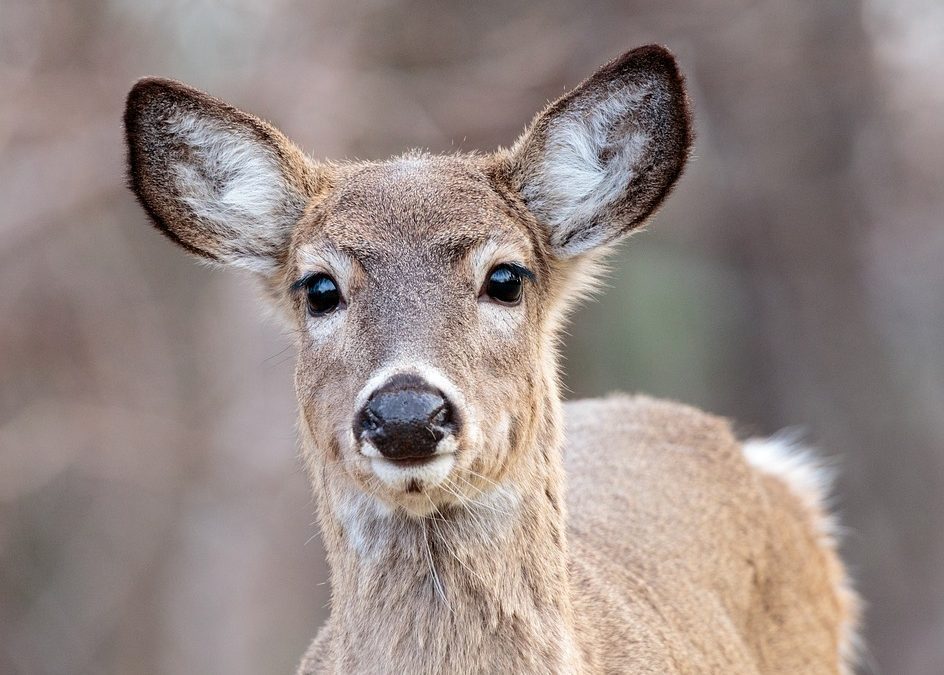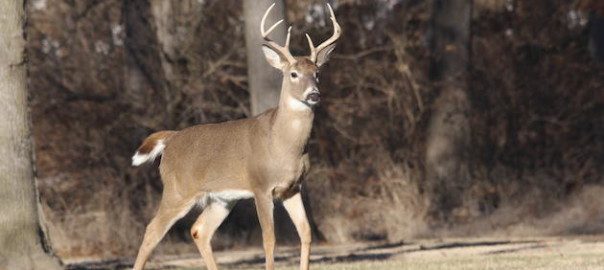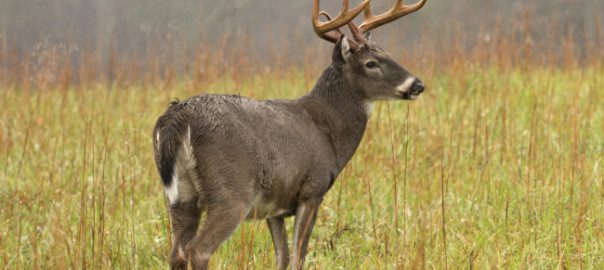DMPs, which allow hunters to harvest antlerless deer, are issued for specific WMUs to control deer populations. In some WMUs, all applicants received permits during the initial application process, and the DMP target has not been reached. In these units, DEC will re-open the DMP application process on a first-come, first-served basis. Hunters may apply for up to two additional DMPs in these WMUs at any DEC license sales outlet beginning Nov. 1.
Leftover DMPs are not available by phone, mail, or internet. Applications must be made at license issuing outlets. Applicants who previously paid the $10 DMP application fee during the initial application period, or are exempt from the application fee, will not be charged for this additional application. Hunters who did not previously apply for a deer management permit are required to pay the $10 application fee.

DEC encourages hunters to prioritize antlerless harvest, choosing to take a doe or two, while letting young bucks go.
Applications for leftover DMPs will be accepted for the following WMUs: 1C, 3M, 3R, 3S (bowhunting-only), 4J (bowhunting-only), 6P, 7F, 7H, 7J, 7R, 8A, 8C (bowhunting-only), 8F, 8G, 8H, 8J, 8N, 8R, 9A, 9F, and 9G.
Additionally, Bonus DMPs are available for hunters who successfully take an antlerless deer in WMUs 1C, 3S, 4J, or 8C.
For WMU locations, refer to the 2019-20 Hunting and Trapping Regulations Guide or visit DEC’s website.
During this extended application period, DEC will issue DMPs for an individual WMU until the target issuance quota is achieved. The status of permits will be reviewed each night, and as individual units are filled they will be removed from the list of those available effective the following day. A list of units with available leftover DMPs will routinely be updated on DEC’s website or via the DMP Hotline at 1-866-472-4332.
In units with leftover DMPs, DEC encourages hunters to prioritize antlerless harvest, choosing to take a doe or two, while letting young bucks go. Hunters can share extra venison with friends and neighbors or donate the meat to needy families through the Venison Donation Coalition.




